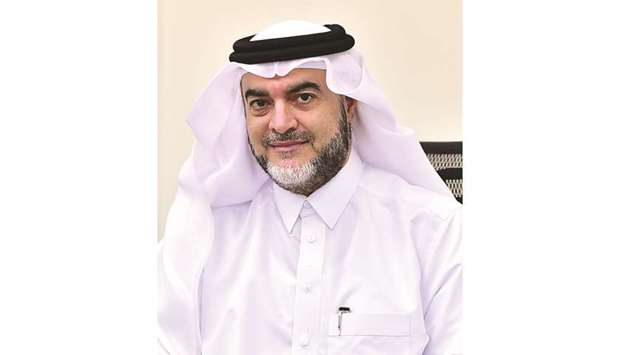Teaching has always been a challenging and demanding task over the years.
It has become harder and more dynamic since the global outbreak of Covid-19 and the resultant shutdown of educational institutions all over the world.
Teachers at every level and in every country have had to adapt to the new norms of learning and they need recognition and appreciation on the eve of World Teachers’ Day that falls on October 5 every year.
Held annually since 1994, the day is co-convened in partnership with Unicef, the International Labour Organisation, and Education International.
The joint statement from Unesco, ILO, Unicef and Education International this year reads: “In this crisis, teachers have shown, as they have done so often, great leadership and innovation in ensuring that ‘Learning Never Stops’ and no learner is left behind.
Around the world, teachers have worked individually and collectively to find solutions and create new learning environments for their students to allow education to continue.
Their role advising on school reopening plans and supporting students with the return to school is just as important.”
On Teachers’ Day eve, Gulf Times interviewed Dr Ahmed al-Emadi, Dean of College of Education at Qatar University, to discuss the changing role and responsibilities of a teacher during the Covid-19 times and in the digital era.
In response to questions on whether the role of a teacher has become more important during the pandemic lockdown and if blended learning is an opportunity or a challenge for the teachers, Dr Ahmed said: “Under the current Covid-19 pandemic, teaching has taken on a new dimension that continues to forge new forms of relationships between teachers and their students.
“In situations where face-to-face instruction is no longer the norm, teachers now find themselves assuming new roles that require using new tools in order to guide students and facilitate their learning in a new online environment.”
Though blended learning is safer for educationist in the current times, the method, however, has its issues both for teachers and students.
“No doubt, the blended learning gives students the opportunity to learn from experiences that combine face-to-face classroom instruction and technology-based online teaching. While this environment has the potential to provide effective and safe learning, a number of issues remain a real concern.
“For example, some teachers have never or rarely taught an online course; some may not have used technology in their classroom with their students.
“Another challenge associated with blended learning is the harsh reality that this experience shortens the time allocated for instructions and eventually limits students’ learning.
“Yet another issue is the fact that teachers sometimes find it difficult to engage students and get them to take responsibility for their own learning when they study remotely from home. Exacerbating the situation is the difficulty of assessing student learning, raising questions related to the mode of assessment and the types of examinations and tests to utilise.”
Speaking on the need for teachers to update themselves and keep abreast of emerging technologies, as students have more and more access to information and knowledge available online, the QU professor said: “Instruction in the context of Covid-19 pandemic has created an additional burden that teachers will have to grapple with.
“More than ever before, teachers find themselves dealing with an unprecedented situation where they have to use many new technologies. The onus rests with all concerned to provide the help and assistance teachers need in these difficult times.
“First, teachers need professional development to expand the knowledge and skills they need to address students’ blended and online learning.
“More specifically, teachers would benefit immensely from professional development programmes that focus on the digital, e-learning technology skills they will use to teach home-bound students.
“Professional development programmes can also provide and consolidate up-to-date tools and resources teachers will apply in their classroom instruction.
“Secondly, with the need for remote learning resources, professional development programmes stand as an important tool for addressing new challenges: they can serve as an effective means of looking at salient innovative teaching methods and adaptive pedagogies that will strengthen teachers’ ability to respond to the current Covid-19 crisis.
“This way, teachers are better equipped for the current and other emergent crisis situations.”
Sharing his thoughts on the World’s Teachers Day, Dr Ahmed said: “It is a day for teachers to celebrate and to be proud of the great work they do. It is also a day for all of us to rejoice and applaud the splendid work you do. Today, despite many challenges we all are facing, teachers are trying their best they can to ensure education continues uninterrupted across Qatar.
“The important role they play in the lives of the children and students they teach, their families and the community as a whole cannot and must not go unnoticed.”
Community / Culture
QU educationist hails teachers’ efforts for uninterrupted learning during pandemic

Dr Ahmed al-Emadi, Dean of College of Education at Qatar University
